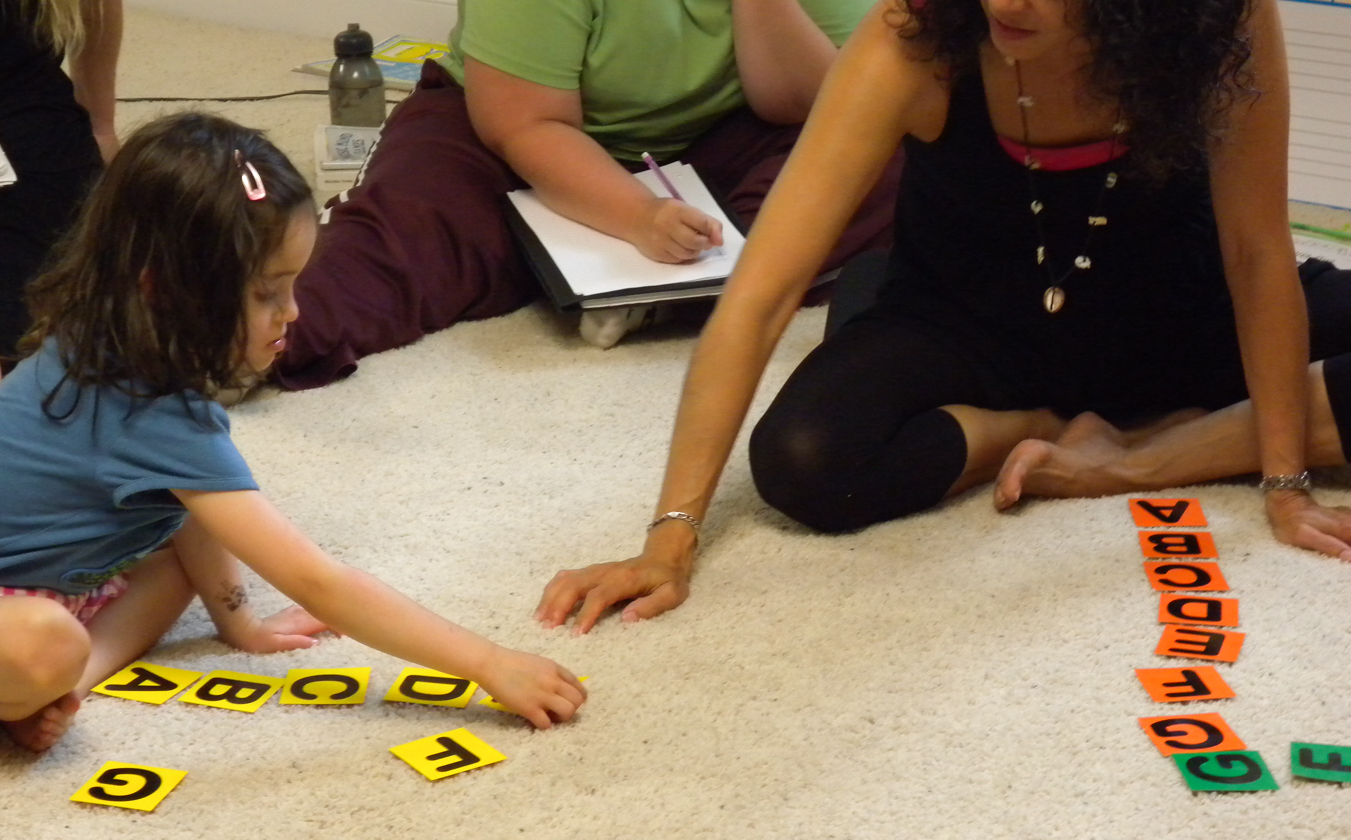Your Attitude
I'm continuously pleased and amazed at the reaction of my own students and those at workshops after they answer my question, “Is it more important to finish first or get your cards in the right order?”.
As we're playing the next round, the students who are moving their cards more slowly appear comfortable and unstressed when they say fine after others have finished. Those who are fast are still happy to shout out fine and finish first. Then they contentedly wait for others to finish before we check our cards together. The inherently good character traits of even the youngest of children are teaching me valuable insights.
It's important to note that this game is designed to have students move quickly as a reflection that their thoughts are moving quickly. This helps me know that they are ready to move on to more advanced concepts. This is why I play fast, so I finish and say "Fine!" just ahead of the first student who says "Fine!". There are usually a few, if not all of my students, who try to finish before me. We might race good-naturedly as we play the game several times. When they do finish before me, all they need to see is that I glance over and quietly give them a knowing smile. This, too, is important. They need to be recognized for their ability, but not at the expense of someone else's feelings.

Students Who Begin Arranging Their Cards Early
I glance around at the students while we're mixing up our cards for another round of Fine to make sure everyone's ready. Occasionally, I notice someone has their fingers on the first several cards as they move cards around. The first time I saw two boys doing this was at a workshop decades ago. They were looking at each other with glee in their eyes that said, "Look what we just figured out. So funny! We'll be first to finish for sure." I didn't say "go," and we all kept mixing up our cards. I was actually buying some time as I wondered what I could do to outsmart those two rascals. I didn't want to just call them out and say something typically teacher/adult-like such as, "Play fair now, you two. I see you over there. Mix every one of your cards up. There. Now you're being good boys, aren't they, class?" Hmmmm.
So I said quite quickly, "This time when I say 'Go!', I want everyone to stand up and carefully move to a new set of cards and arrange them into your Fine. GO!" Then I jumped up and quickly moved to a new set of cards, too. Those boys' mouths dropped open and they were temporarily stunned. They were the last to recover and find a set of open cards, yet they dove in to still try to say "Fine!" first.
Whenever this happens, it's still as much fun for me as that first time.
It's perplexing to me that any teacher would try to stifle a student's energy to be quick to show understanding and ability by insulting the student's enthusiasm to demonstrate their skills of excellence. It's much more satisfying to recognize one student's achievements that reflect your own ability to share your knowledge effectively.
To continue with the story above, I had several more classes in the five-day workshop with these two boys. They were indeed bright and very nice children. They excelled in all we did, often inspiring the other students in the class.
